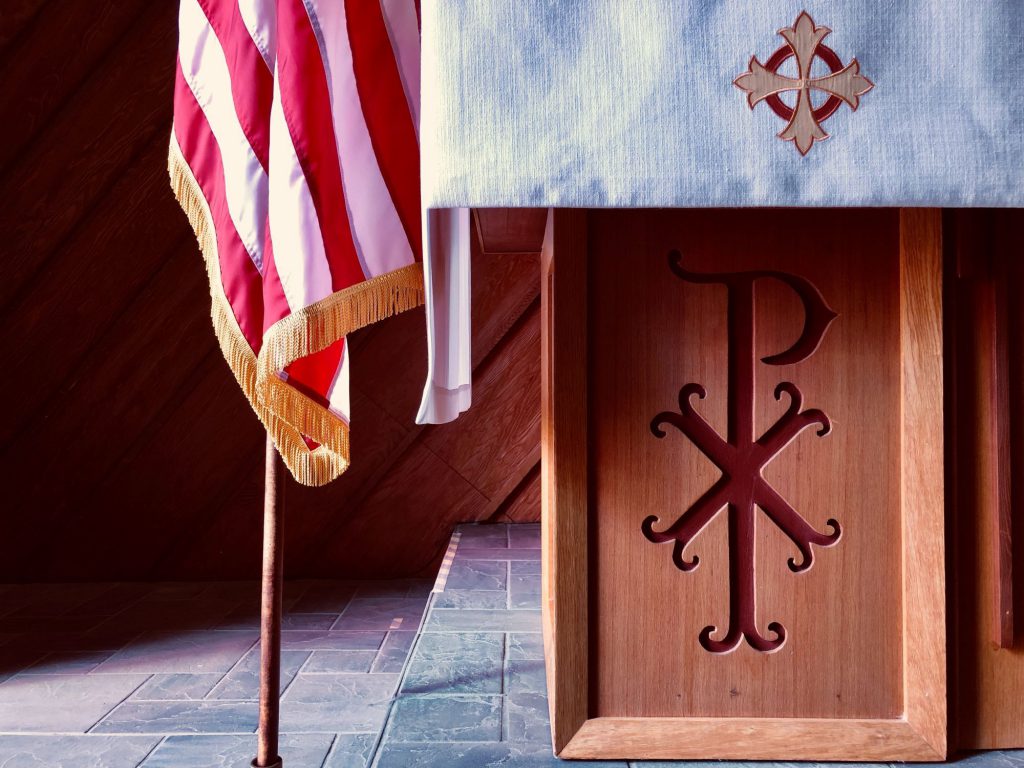
Published April 2, 2021
It wasn’t that long ago that the United States was a largely Christian nation. As recently as 2004, Gallup’s poll showed that 84 percent of Americans identified as Christian in some fashion. This had political corollaries: Back then, a CBS poll found that 59 percent of Americans favored a constitutional amendment banning same-sex marriage, while only 22 percent favored legalizing the practice. (Another 33 percent favored legalizing civil unions, a status that gave LGBTQ people similar rights as marriage but stopped short of full marriage equality.) President George W. Bush won his tight race with then-Massachusetts Sen. John /F. Kerry (D) in part because an initiative in Ohio, then a swing state, that banned same-sex marriage increased turnout among religious conservatives.
Today’s landscape is much different. Only 65 percent of Americans are Christians, and 28 percent say they are atheist, agnostic or have no religious preference. The decline in Christianity is likely to accelerate in the coming years, as Christian preference is closely tied with age. Fully 84 percent of people born between 1928 and 1945 are Christian compared with only 49 percent of millennials. Forty percent of millennials are nonbelievers or have no religious preference compared with only 10 percent of the oldest Americans.
Click here to read the rest of this piece at the Washington Post’s website.
Henry Olsen is a Washington Post columnist and a senior fellow at the Ethics and Public Policy Center.








